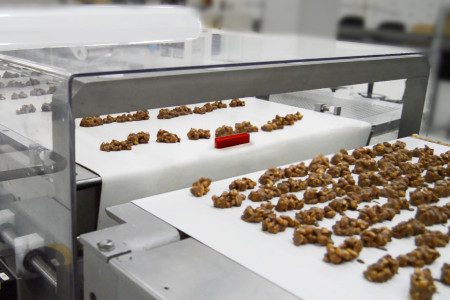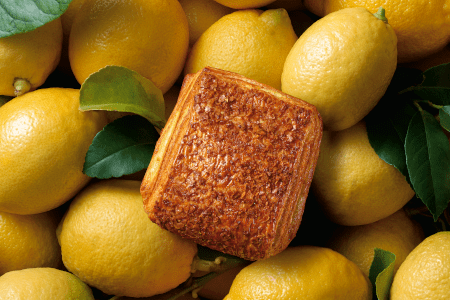This exclusive From the Expert feature assesses how Syntegon is developing environmentally friendly packaging solutions for baked goods.
Consumers are turning up the pressure on manufacturers to package their products, including baked goods, in an environmentally friendly way. They want to be able to make more sustainable choices without missing out on convenient product options, like single-serve portions, that suit their fast-paced lifestyles. To meet these two customer needs, manufacturers are turning to recyclable packaging solutions and machines that can process sustainable materials such as paper and mono-materials.
It should come as no surprise that single-serve portion packs are currently trending: from a sustainability perspective, portion packs help reduce food waste, by preserving products longer than multipacks do. Easy opening and closing of resealable packages also pays off when it comes to prolonging the shelf life of the product. Since single-serve products lead to more packaging waste than multipacks, however, they can only be considered a sustainable alternative when packaged in recyclable material – a key factor to consider for manufacturers. This enables them to meet both major customer demands: to provide sustainable packaging alternatives and cater to their fast-paced lifestyles.
Whether recycled material is the right choice depends in part on the recycling infrastructure consumers have access to. In many European countries, for example, the recycling system is well established. Consumers are used to separating different kinds of packaging materials from one another, making it possible to recycle paper and mono-materials. In Asia, on the other hand, a more temperate climate is better suited to the natural decomposition of packaging materials, tilting the scale towards biodegradable plastics in these regions.
Sustainable options: paper or mono-material films
Let’s take a closer look at paper and mono-materials and their advantages for food manufacturers from a sustainability perspective. Paper-based packaging is made from renewable resources and is both recyclable and biodegradable. Therefore, consumers consider paper-based packaging to be particularly sustainable, which influences their decisions at the point of sale. While processing paper for secondary and end-of-line packaging already works well, the use of paper as primary packaging is still expandable. Dry ingredients such as pasta, rice, flour and sugar can now easily be packaged in paper. The same applies to confectionery products with low fat content, such as bars and cookies. Baked goods with higher fat content like cakes or doughnuts on the other hand, cannot be wrapped in paper, because they require very high barrier properties. For these products, packaging solutions using mono-materials are more suitable. Environmentally friendly alternatives like polypropylene can be used as primary packaging for fragile products with high barrier requirements, including bakery products. Unlike the commonly used composite packaging materials, mono-material films consist of multiple layers of the same type of plastic and can therefore be easily recycled.
Media contact
Roshini Bains
Editor, International Bakery
Tel: +44 (0) 1622 823 922
Email: editor@in-bakery.com






